Main Menu
3 (Surprising) Things I Wish I Had Known About My Foot Pain

Lauren is a Functional Movement Specialist and RRCA Certified Running Coach specializing in movement coaching for pain-free running. Having trained twice for Boston and gotten injured both times, she understands the frustration of chronic injuries. When she figured out how to resolve her chronic plantar fasciitis and other lower-limb issues, she felt compelled to share her knowledge with others so they could break free from the game of injury whack-a-mole. Now she empowers women by teaching them the tools they need to run foot pain-free for life through her program The Retrain Foot Pain Method.
Share This Article!
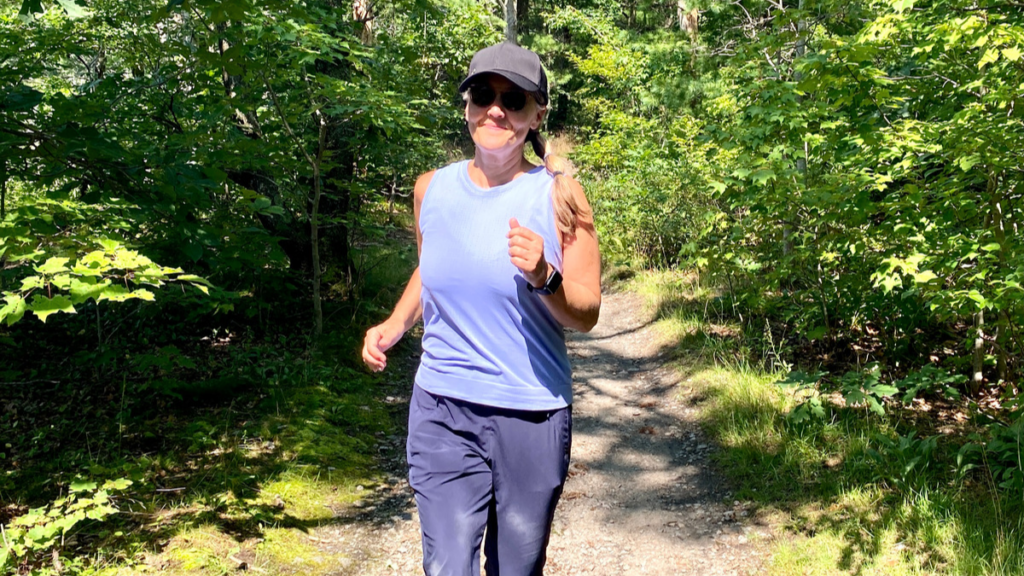

By: Lauren Mayhew
I grew up during the 70s in Boston in a neighborhood of triple-decker houses. Most mothers stayed at home and would sit together on their front stoops while their kids had free reign to roam around and play in the street.
I was always on the move – running around playing kick the can, climbing street signs, staying out until my mother called me in for supper.
I ran track, played softball, and did gymnastics.
Movement was fun. It was natural. It was easy.
And it didn’t hurt.
I didn’t have plantar fasciitis, shin splints, heel spurs, bursitis, or any other problems that plagued me as an adult runner.
When did I stop feeling so much ease and freedom in my body? Why was I always getting injured?
Many years later, I became obsessed with finding the answer to that question, and what I found out surprised me. It also completely changed my running and has helped me stay injury-free for many years.
The first thing I learned was to look beyond my feet.
Like most runners, I looked for foot-focused solutions when my feet hurt. I bought every running shoe – motion control, stability, low heel drop, minimalist – you name it. I also got custom orthotics from a podiatrist. I had every foot massage ball and stretching device on the market. I pieced together tons of videos on YouTube and Instagram with foot exercises. I picked up marbles with my feet, scrunched towels with my toes, and did countless variations of calf raises. Nothing worked.
Around that time, I was also getting chronic muscle tension and migraines. I had seen specialists and done food elimination diets, and nothing helped. As I’m wont to do, I researched the heck out of chronic headaches and found a holistic approach that involved doing gentle movements to release muscle tension and retrain my posture. Within a few months, my headaches drastically decreased in frequency and intensity.
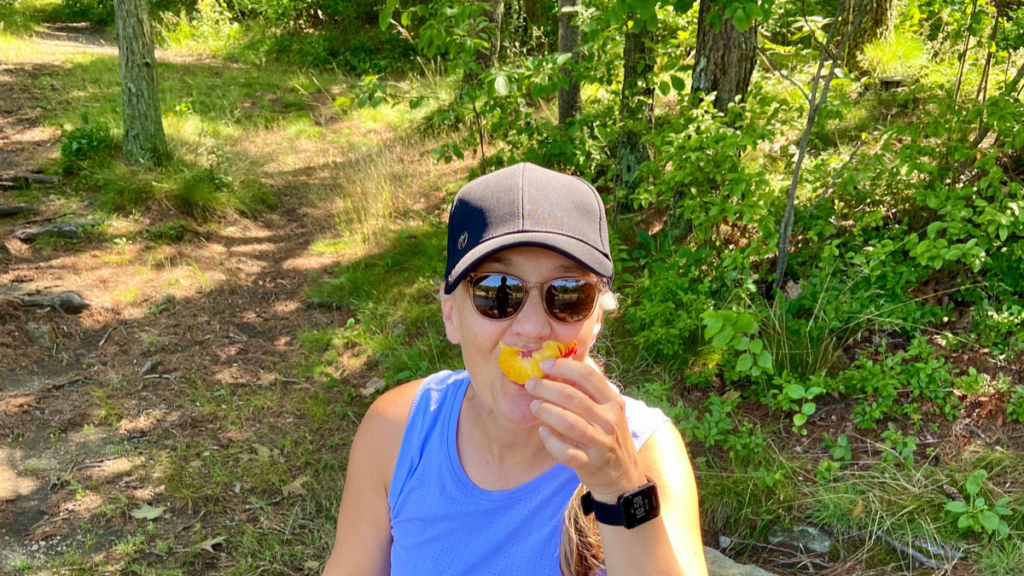
One day while I was out for a run, a lightbulb went on in my head. Could this same approach that helped my headaches help me with my feet too? Is there a connection here?
I started learning more about the brain-muscle connection, and the postural shapes we can get stuck in that would lead to a symptom like plantar fasciitis because of the imbalances they create and how they restrict our movement. I worked on releasing muscle tension throughout my entire body – especially in the muscles of my back and hips. Little by little, my pain started to resolve. Much to my surprise, I was also running much more efficiently. I felt lighter, faster, and stronger, and I wasn’t weight training at the time.
The second thing I learned is that stretching is not necessarily the best approach for resolving things like plantar fasciitis and achilles issues or for preventing running injuries. Although there is no conclusive evidence for or against the benefits of regular stretching, it’s still the most common and widely accepted approach.
While stretching might feel good, the flexibility benefits are temporary, at best. Our brain and nervous system control our ability to relax and contract our muscles.
So, I stopped stretching and focused on other ways of releasing muscle tension, and I have not lost any mobility, range of motion, or flexibility. I also run pain-free.
And this brings me to the third thing I learned: I needed to learn how to relax! Running causes muscle tension because of the repetitive use of the same muscles. But psychological stress also causes our muscles to contract, and when that happens a lot, we lose the ability to relax our muscles consciously. So, we can’t just command our muscles to let go.
Our muscles need to be able to contract AND relax. When our resting level of tension is higher than it should be, our muscle contractions are not as strong as they could be. This tension leads to muscle weakness and inefficient movement – think loss of energy, power, speed, endurance, and higher risk of injury. The more relaxed we are, the better we move.
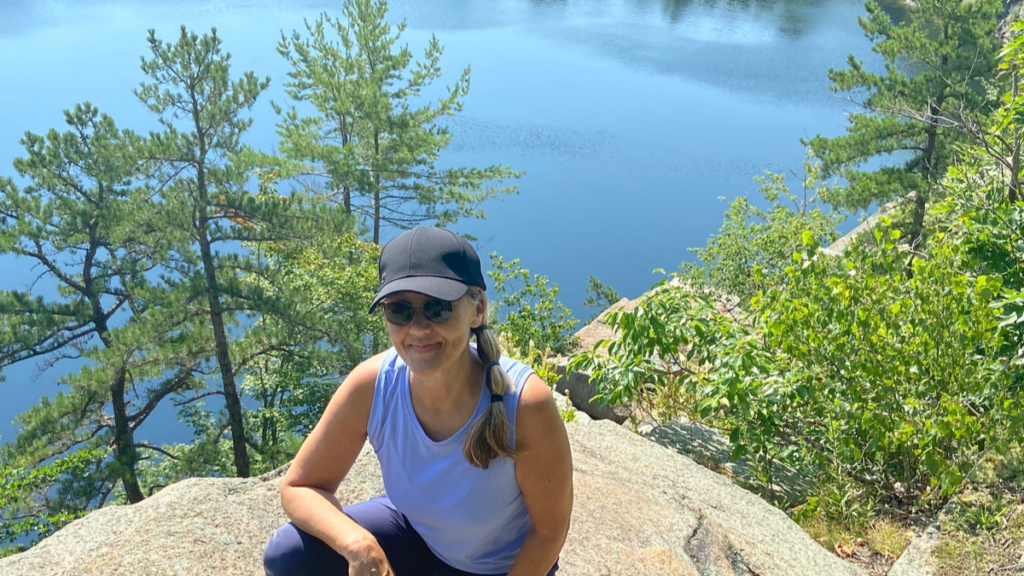
So, relaxation is not a new-age “woo woo” concept for runners… it is critical for injury prevention and performance.
One of the best tools at our disposal to reduce muscle tension is our breath – particularly slow, deep breathing. I now practice this daily, and I believe it’s a factor in keeping me healthy and injury-free.
Had I known these three things years ago, I suspect I could have avoided so many injuries and enjoyed many more years of running instead of all the stops and starts. I’m glad I know what I know now and that running, and I now have a great relationship.
About the Author

Lauren is a Functional Movement Specialist and RRCA Certified Running Coach specializing in movement coaching for pain-free running. Having trained twice for Boston and gotten injured both times, she understands the frustration of chronic injuries. When she figured out how to resolve her chronic plantar fasciitis and other lower-limb issues, she felt compelled to share her knowledge with others so they could break free from the game of injury whack-a-mole. Now she empowers women by teaching them the tools they need to run foot pain-free for life through her program The Retrain Foot Pain Method.
Share This Article!

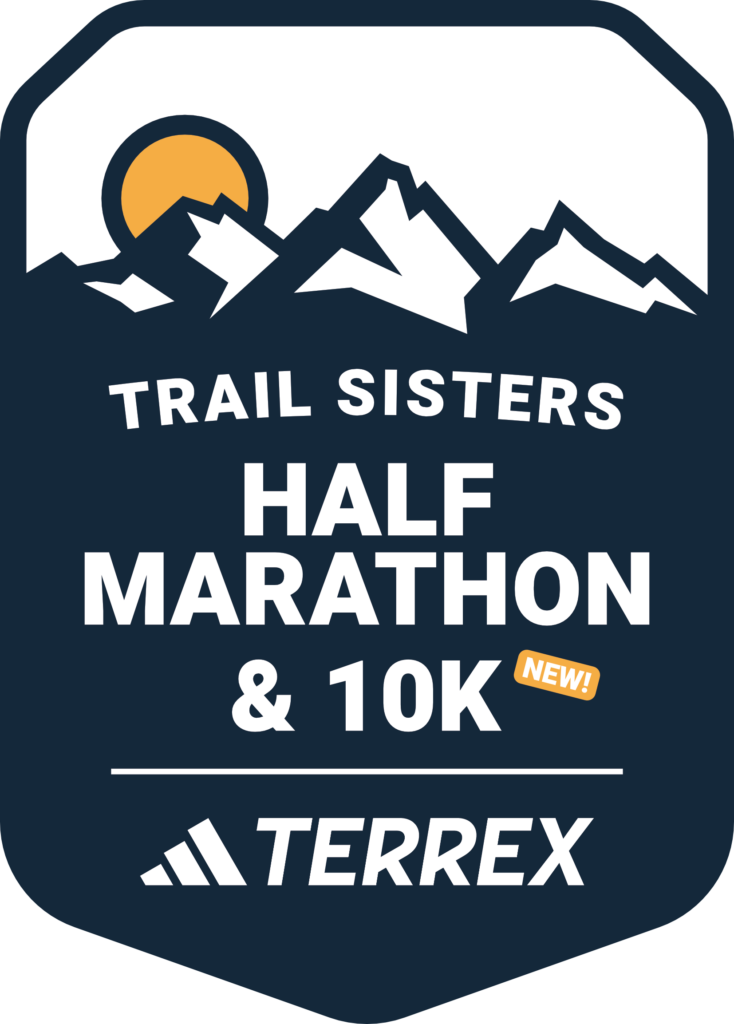
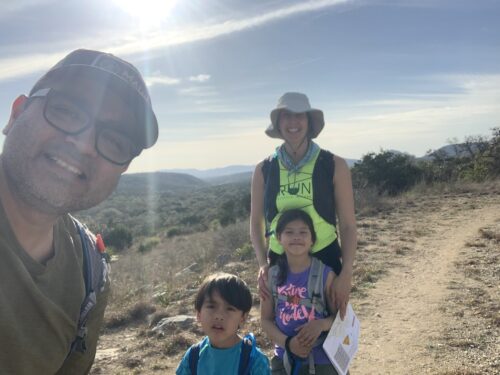
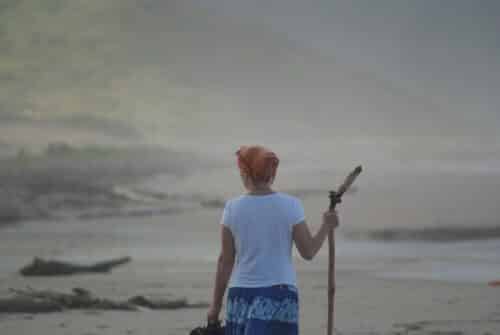

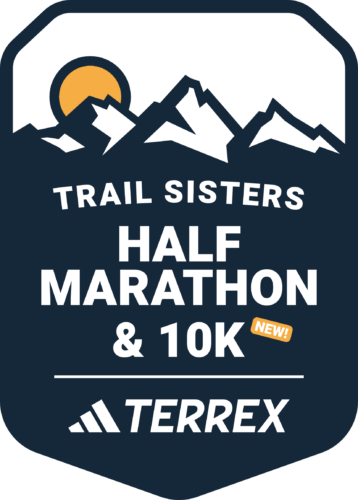
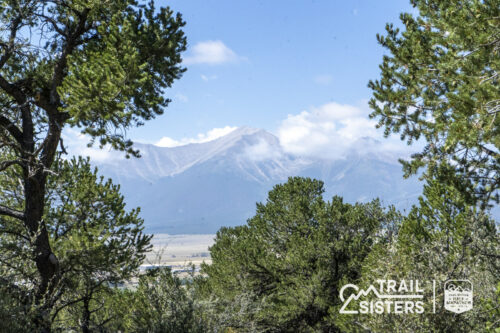
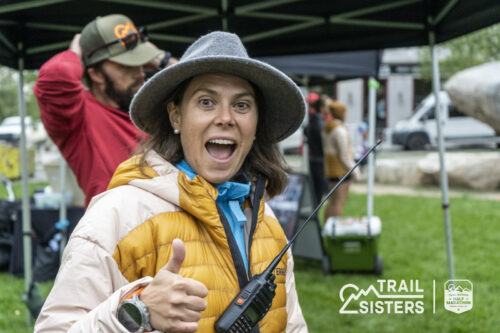
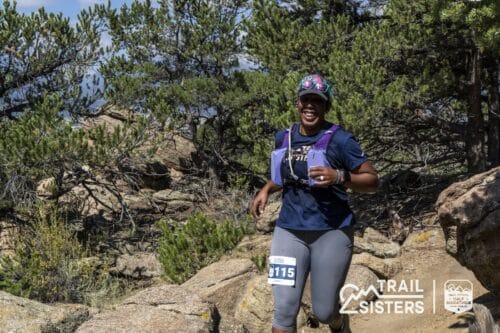
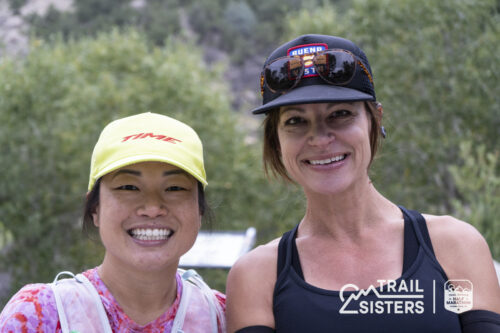
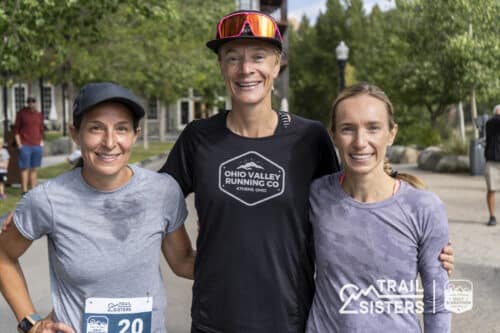
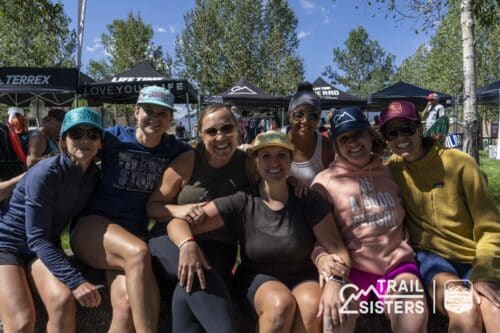
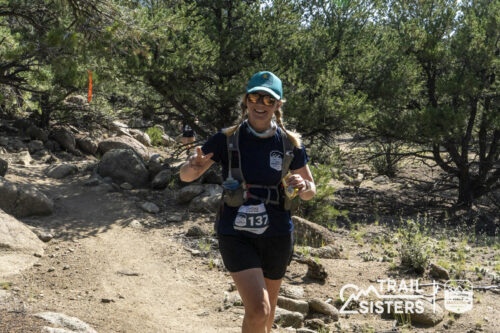
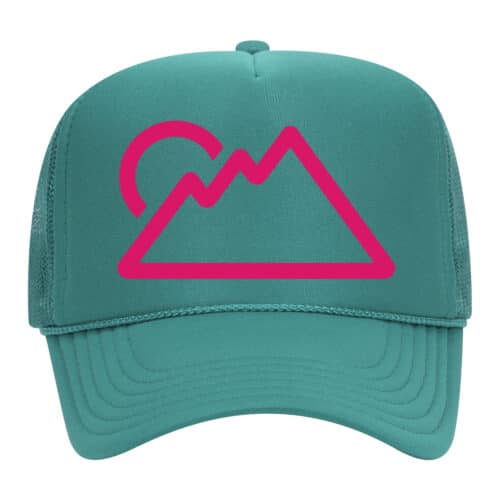
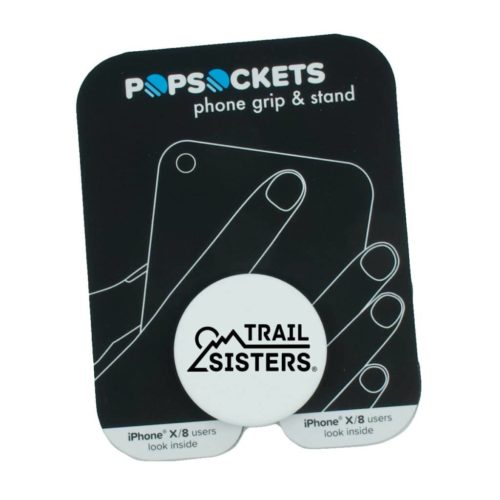

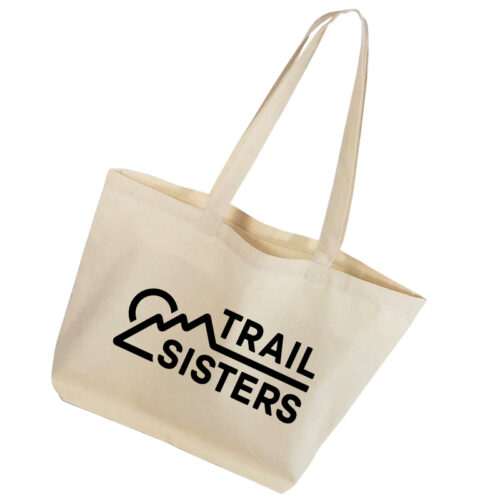
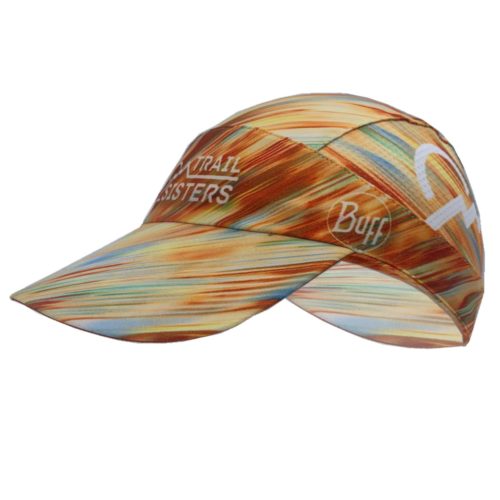

One Response
Hi Lauren,
I read your article and am interested to learn what the other ways of releasing muscle tensions you mentioned in your article. Can you share more about those ways? I didn’t quite understand.
Thank you for your time